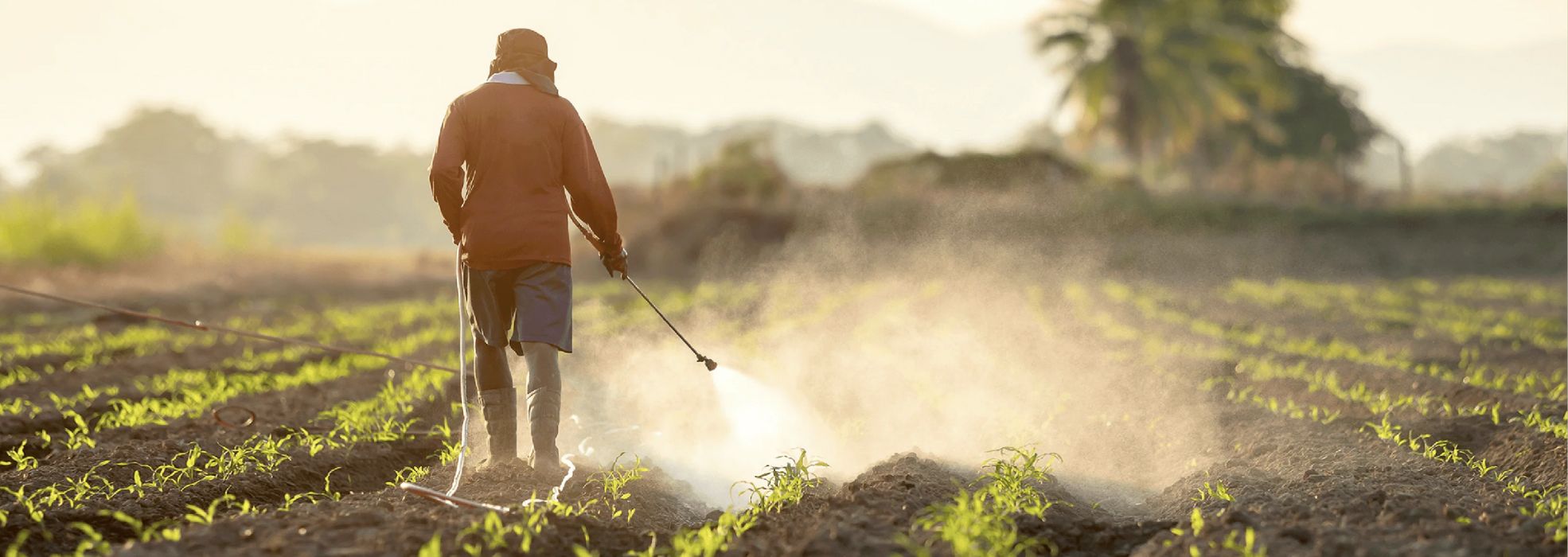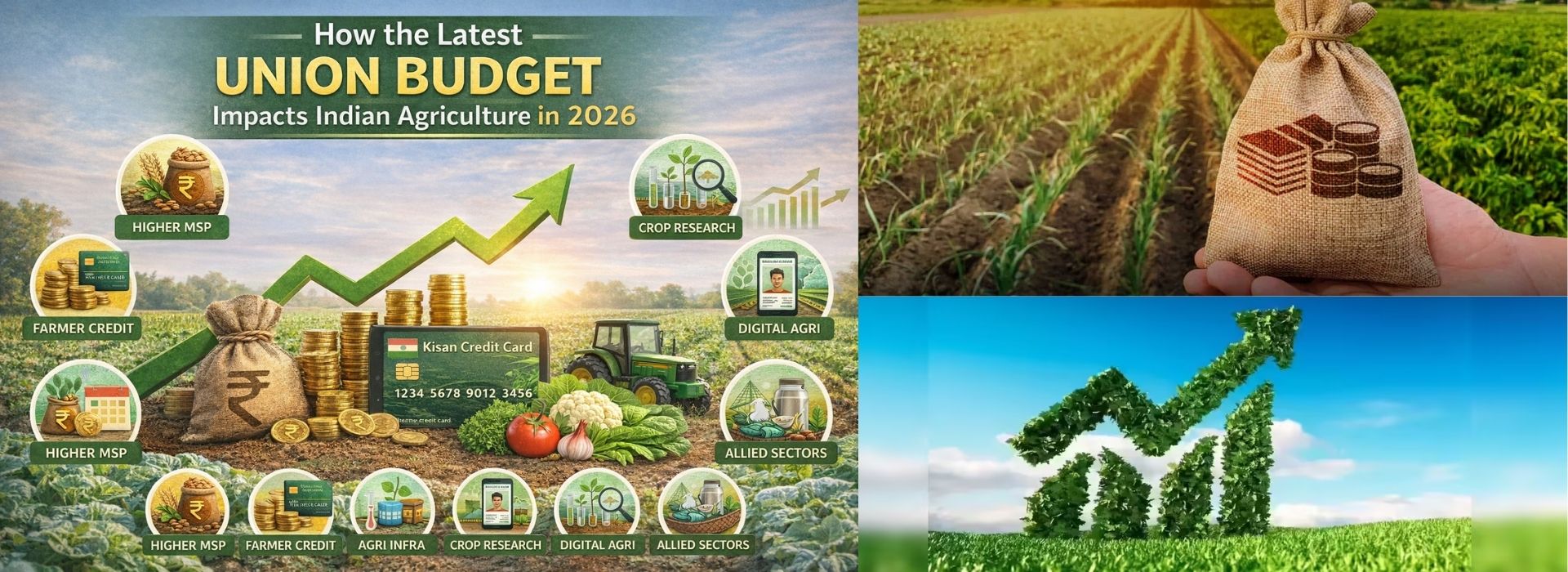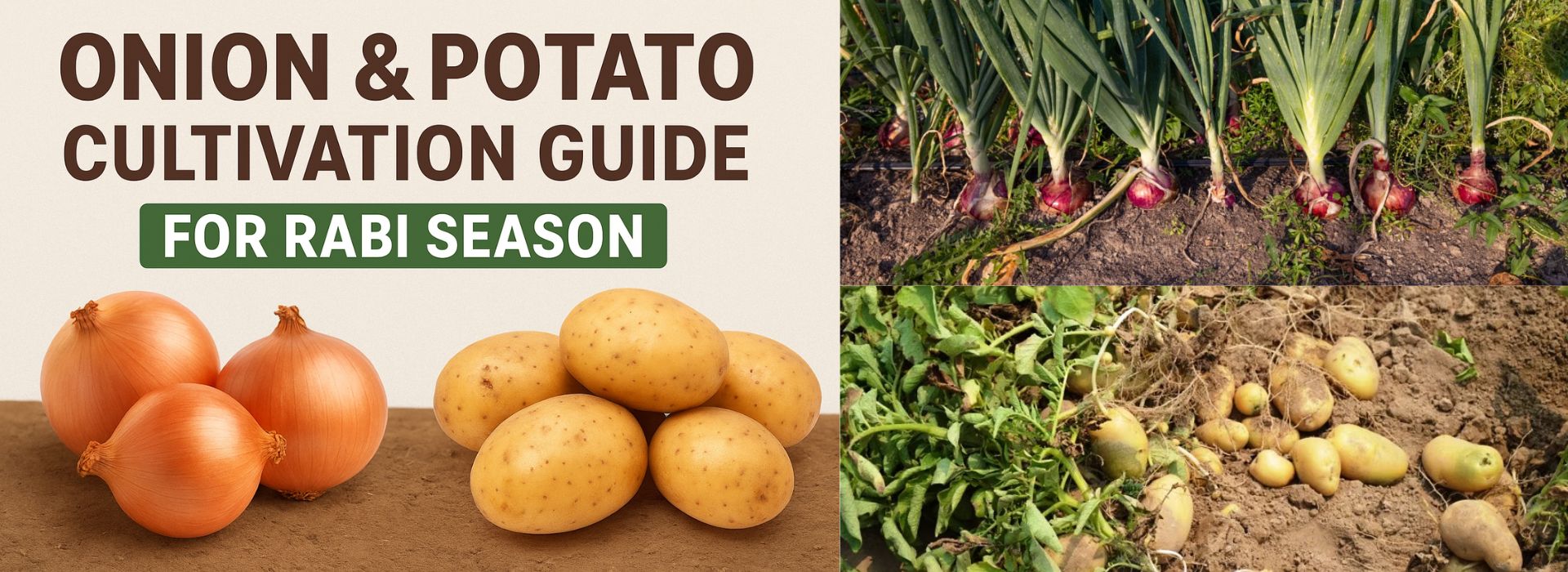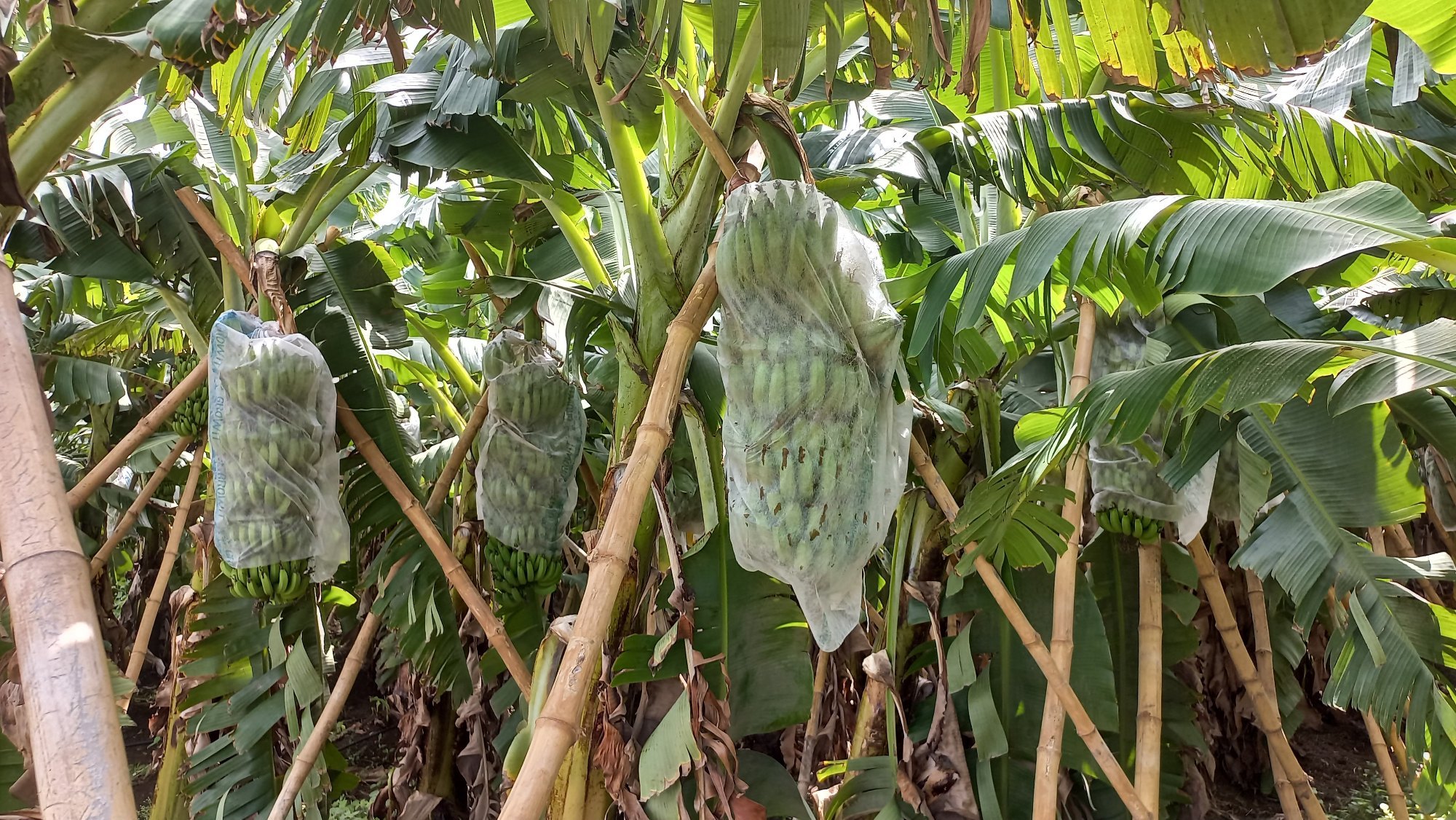The Role of Insecticides in Modern Agriculture
June 20, 2024Insecticides are pivotal
in the agricultural sector, playing a crucial role in safeguarding crops from
pests and ensuring higher yields. As the global population continues to rise,
the demand for food production intensifies, making effective pest control more
essential than ever. This blog explores the various types of insecticides
used in agriculture, their benefits, challenges, and the emerging trends aimed
at balancing productivity with environmental sustainability.
Click Here for Best Quality Insecticides
Types of Insecticides
Insecticides can be
classified into several categories based on their chemical composition and mode
of action:
Organophosphates: These
are widely used due to their effectiveness against a broad spectrum of insects.
They work by inhibiting the enzyme acetylcholinesterase, leading to the
accumulation of acetylcholine and subsequent nerve damage in pests. Examples
include malathion and chlorpyrifos.
Pyrethroids: Synthetic
versions of natural pyrethrins found in chrysanthemum flowers, pyrethroids are
popular for their fast-acting properties and low toxicity to mammals. Common
examples are permethrin and cypermethrin.
Neonicotinoids: These insecticides
mimic nicotine and target the nervous system of insects. Neonicotinoids, such
as imidacloprid and clothianidin, are effective against a wide range of pests
but have raised concerns regarding their impact on pollinators like bees.
Carbamates: Similar to
organophosphates, carbamates inhibit acetylcholinesterase but tend to be less
persistent in the environment. Carbaryl and methomyl are well-known carbamates
used in agriculture.
Biopesticides: Derived
from natural materials such as plants, bacteria, and certain minerals, biopesticides
are gaining popularity due to their eco-friendly nature. Examples include
Bacillus thuringiensis (Bt) and neem oil.
Benefits of Insecticides
Increased Crop Yields: By
effectively controlling pest populations, insecticides help in
minimizing crop damage and loss, thereby increasing overall productivity.
Economic Benefits: Higher yields
translate to greater profitability for farmers, supporting the agricultural
economy.
Improved Quality of Produce: Insecticides
help maintain the aesthetic quality of fruits and vegetables, making them more
marketable.
Disease Control: Some insecticides target pests that are vectors of plant diseases, thus helping in the management
of crop health.
Challenges and Concerns
Environmental Impact: Many insecticides
can have detrimental effects on non-target species, including beneficial
insects, birds, and aquatic life. Runoff and soil contamination are significant
issues.
Resistance Development: Pests can
develop resistance to insecticides over time, making them less effective and
necessitating the development of new products.
Human Health Risks: Exposure to
certain insecticides can pose health risks to farmworkers and consumers if
residues remain on produce.
Pollinator Decline:
Neonicotinoids, in particular, have been linked to the decline in bee
populations, which are crucial for pollination and biodiversity.
Emerging Trends and Sustainable
Practices
Integrated Pest Management (IPM):
IPM combines biological, cultural, mechanical, and chemical methods to manage
pests in an economically and environmentally sustainable manner. It emphasizes
using insecticides as a last resort.
Development of Safer
Insecticides: Research is ongoing to develop insecticides that are less harmful
to non-target species and degrade more rapidly in the environment.
Precision Agriculture: Advances
in technology allow for the targeted application of insecticides, reducing the
quantity needed and minimizing environmental impact.
Biotechnological Innovations:
Genetically modified crops that are resistant to specific pests can reduce the
reliance on chemical insecticides.
Conclusion
Insecticides remain an
indispensable tool in modern agriculture, essential for protecting crops and
ensuring food security. However, their use must be carefully managed to
mitigate negative impacts on the environment and human health. By adopting
sustainable practices such as IPM and investing in research for safer
alternatives, the agricultural sector can strive to balance productivity with
ecological responsibility. As we look to the future, the goal should be to
integrate advanced technologies and environmentally friendly methods to create
a more sustainable and resilient food production system
At krishibazaar.in, you can find and buy various
agricultural products. For agricultural guidance on selecting the most suitable
products for your crops, please contact or WhatsApp at +917887880887






Guest reviews
No reviews found for this Blog